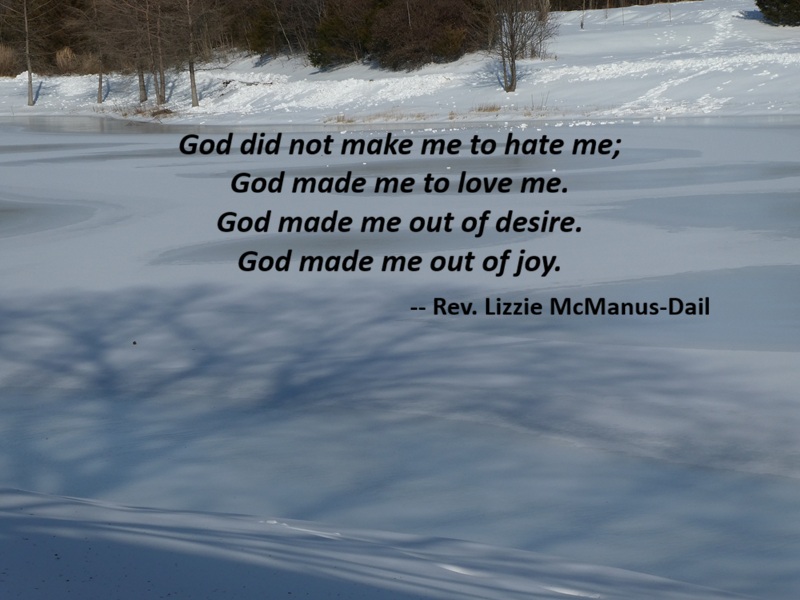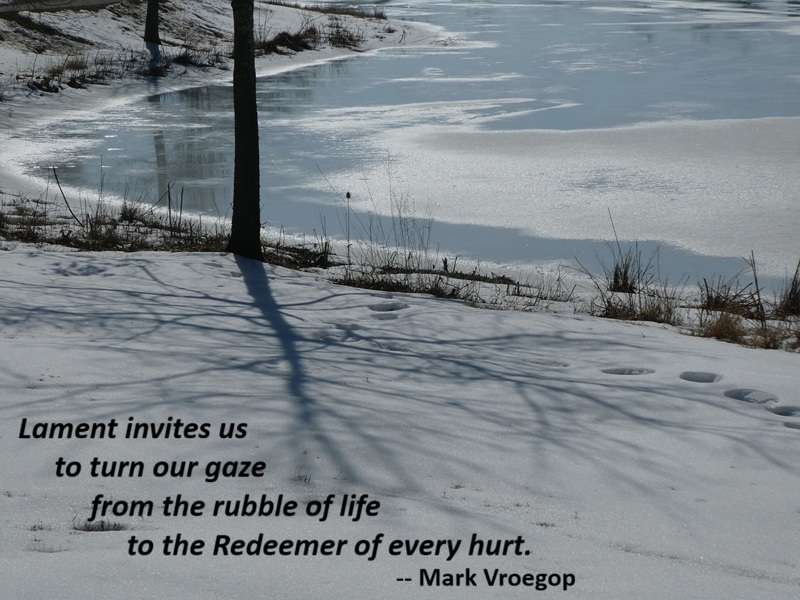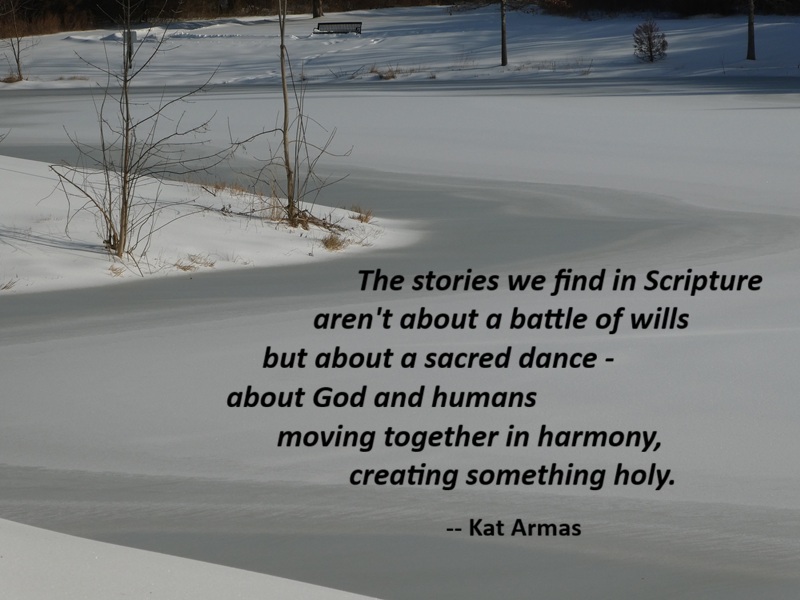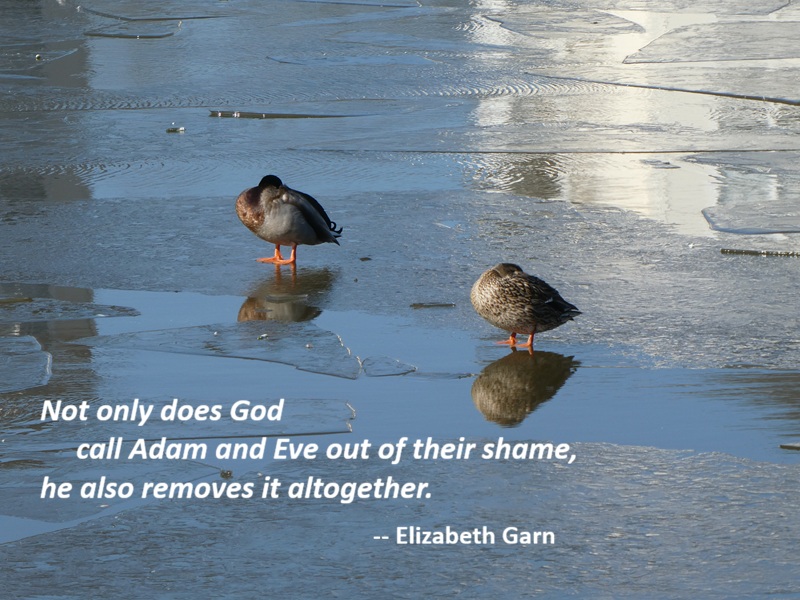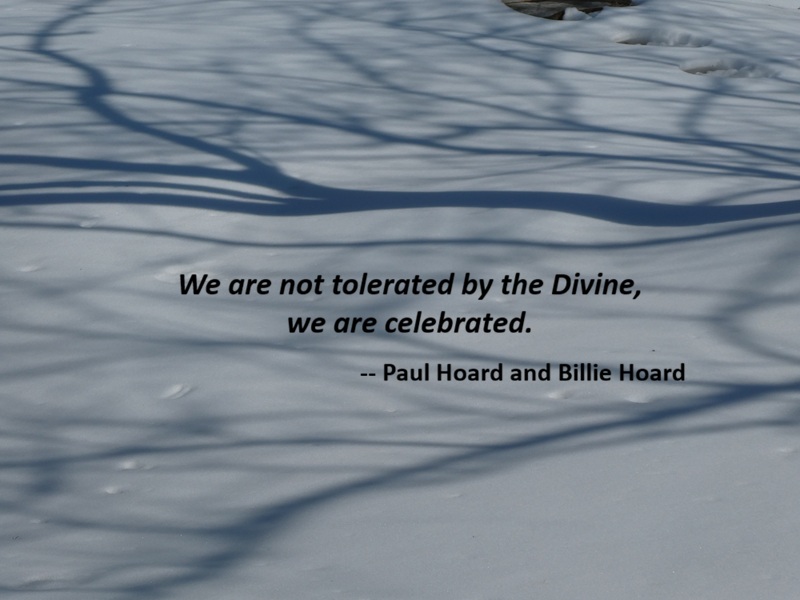
God’s love results in invitation, welcome, and unification – a shared Life – where disgust would allow only for violent rejection. All of that might sound like condescension, and certainly there is a robust Christian tradition encouraging us to embrace humility and to understand ourselves as utterly dependent on God’s grace, but in fact there is nothing of tolerance or condescension in it at all. When we operate out of Love, the whole higher/lower distinction dissolves and disgust is destroyed, killed, and reborn as its own opposite: the longing for unity. God will not tolerate union and shared life with Their creation for even a single moment because tolerance is far too weak to bridge the gap. God desires, embraces, died for, and delights in, union and a shared Life with Creation. We are not tolerated by the Divine, we are celebrated. Love is the only force in existence which could possibly bridge the infinite Gap between creation and Creator, but Love will have nothing of gaps at all; what Love wants is unity with the Beloved. When Love acts, the gap is not bridged but erased. The father in the parable of the prodigal son does not condescend to or tolerate his son; the Father runs to him, embraces him, kisses him, and throws a party. Lovers delight in their union.
— Paul Hoard and Billie Hoard, Eucontamination, p. 175-176
Photo: Shadows of tree branches on snow, February 14, 2026
